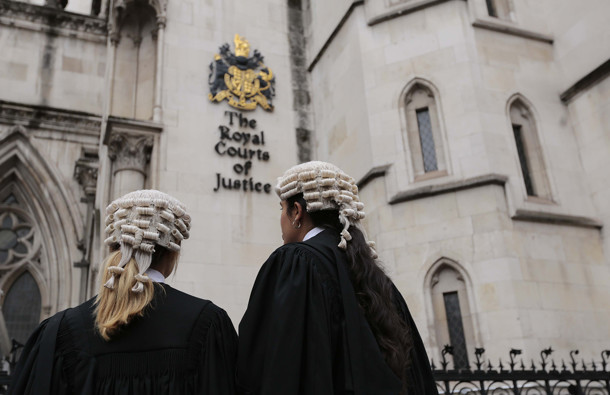
What to Expect From a Mini-Pupillage
March 6, 2024
The Federal Republic of Nigeria v Process & Industrial Developments Limited [2023] EWHC 2638
March 8, 2024Article written by Sofia S. Gagliardi
The current government’s inclination towards a tough stance on crime is evidenced by its recent policy implementation and outspoken criticism of criminal practitioners.
In February 2024, the Government proposed a Bill where people who climb statues can be punished with a term of imprisonment. This was a direct consequence of a London Pro-Palestine demonstration in November, where a handful of protestors climbed the Royal Artillery Memorial. The Metropolitan Police faced Government criticism for not arresting the protestors: whilst Commissioner Rowley acknowledged the act as unacceptable, he recognised the absence of laws regarding the legality of climbing statues, thus not warranting an arrest.
The proposal should not come as a surprise. Whilst the UK does not currently have legislation to prosecute individuals who climb war memorials, it has controversial statutes recently enacted that arguably limit protestors’ rights and give greater punishments to those who cause greater disruptions. The Police Crime, Sentencing and Courts Act 2022 and the Public Order Act 2023 introduced new offences, such as ‘criminal damage to memorials and statues’, and ‘locking on’. But these laws do not criminalise climbing memorials.
Imprisoning protesters who climb statues does not serve the interests of justice because it is not proportionate. With an underserviced and underfunded justice system, effectively prosecuting and imprisoning offenders becomes questionable. With soaring costs of criminal proceedings, legal representations, probation services and prisons, it is not in society’s best interest to sentence protestors who climb memorials to custody. Offenders do not pose a threat or danger to society and thus it follows they should not be confined to cells. Moreover, English prisons reached capacity in October 2023, leaving individuals facing custodial sentences released on bail for far more serious offences. As the Bill fails to address offender rehabilitation and overlooks crucial issues, critics question the proportionality of imprisoning individuals for climbing war memorials and advocate for community orders or fines instead.
Undoubtedly, memorials are not the safest structure to climb. After all, they are erected to commemorate historic events. However, the action of climbing them falls short of warranting a three-month custodial sentence.
The Government would be better served in addressing the root causes of protests rather than resorting to prosecution and imprisonment of a handful of people who climb war memorials. It follows that the Government’s proposed Bill should not pass.





